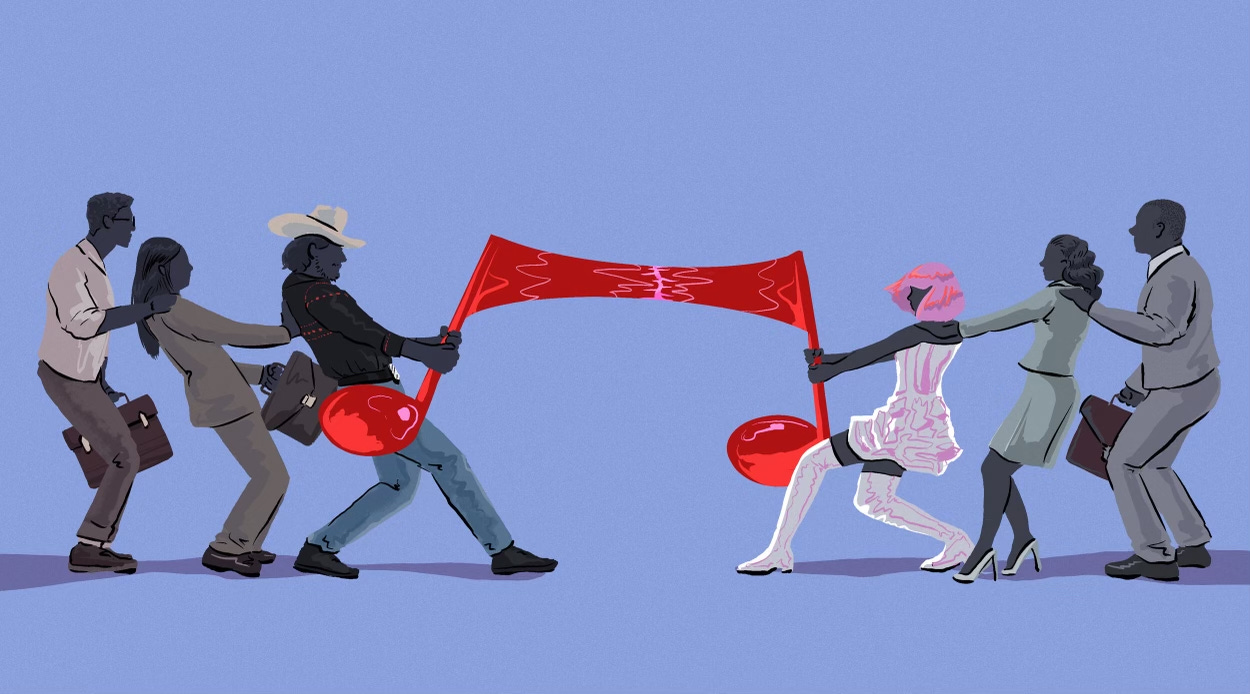Just like we saw with technology impacts on Music and Video years ago, AI again brings up new questions around copyrights. Before we get to global mainstream adoption of LLM AI technologies, the legal issue of who owns the copyrights to an AI generated work, remain unclear, as this piece on the area of AI generated games illustrates:
“AI adds new complexities. Laws in both the US and the UK stipulate that, when it comes to copyright, only humans can claim authorship. So for AI games, where the platform allows a player to, essentially, “write” a narrative with the help of a chatbot, claims of ownership can get murky: Who owns the output? The company that developed the AI, or the user?”
“Historically, claims of ownership to in-game creations or user-generated creations (IGCs or UGCs), were determined by End-User License Agreements, or EULAs.”
But, LLM AIs based on endless flows of Data, that help generate responses based on massive amounts of statistical computations, make the questions far more complex to address.
The issue has broader questions beyond games given the nature of applications like ChatGPT, and user generated Prompt queries:
“There’s a big discussion nowadays, with prompt engineering in particular, about the extent to which you as a player imprint your personality and your free and creative choices,” says Alina Trapova, a law professor at University College London who specializes in AI and copyright.”
The issue remains unclear beyond games on AI created images, where the US Copyright office continues to evolve its stance:
“The answer will depend on the circumstances, particularly how the AI tool operates and how it was used to create the final work," the office said. The office had no comment on the guidance.
Generative AI systems like Midjourney, ChatGPT and DALL-E, which create text and images in response to human instructions, have recently skyrocketed in popularity.”
“Based on the Office's understanding of the generative AI technologies currently available, users do not exercise ultimate creative control over how such systems interpret prompts and generate material," the office said. "Instead, these prompts function more like instructions to a commissioned artist."
“The office reiterated Wednesday that copyright protection depends on the amount of human creativity involved, and that the most popular AI systems likely do not create copyrightable work.”
The issue got more legal action on the docket last week beyond games and images:
“Another lawsuit has been filed against OpenAI over its unauthorized collection of information across the web to train its artificial intelligence chatbot, this time by authors who say ChatGPT infringes on copyrights to their novels.
The proposed class action filed in San Francisco federal court on Wednesday alleges that OpenAI “relied on harvesting mass quantities” of copyright-protected works “without consent, without credit, and without compensation.”
“It seeks a court order that the company infringed on writers’ works when it illegally downloaded copies of novels to train its AI system and that ChatGPT’s answers constitute infringement.”
On the other side, companies like Google are rapidly positioning themselves for maximum flexibility, as this development by Google illustrates:
“Google updated its privacy policy over the weekend, explicitly saying the company reserves the right to scrape just about everything you post online to build its AI tools. If Google can read your words, assume they belong to the company now, and expect that they’re nesting somewhere in the bowels of a chatbot.”
“The practice raises new and interesting privacy questions. People generally understand that public posts are public. But today, you need a new mental model of what it means to write something online. It’s no longer a question of who can see the information, but how it could be used.”
“There’s a good chance that Bard and ChatGPT ingested your long forgotten blog posts or 15-year-old restaurant reviews. As you read this, the chatbots could be regurgitating some humonculoid version of your words in ways that are impossible to predict and difficult to understand.”
This is going to be an area where the technologies and massive user generated creativity will stay ahead of the rules and the laws, and not wait for them to catch up. Lawyers and judges will remain very busy, and regulators and legislators will necessarily be involved. In the meantime, the fun and games continue. Stay tuned.




